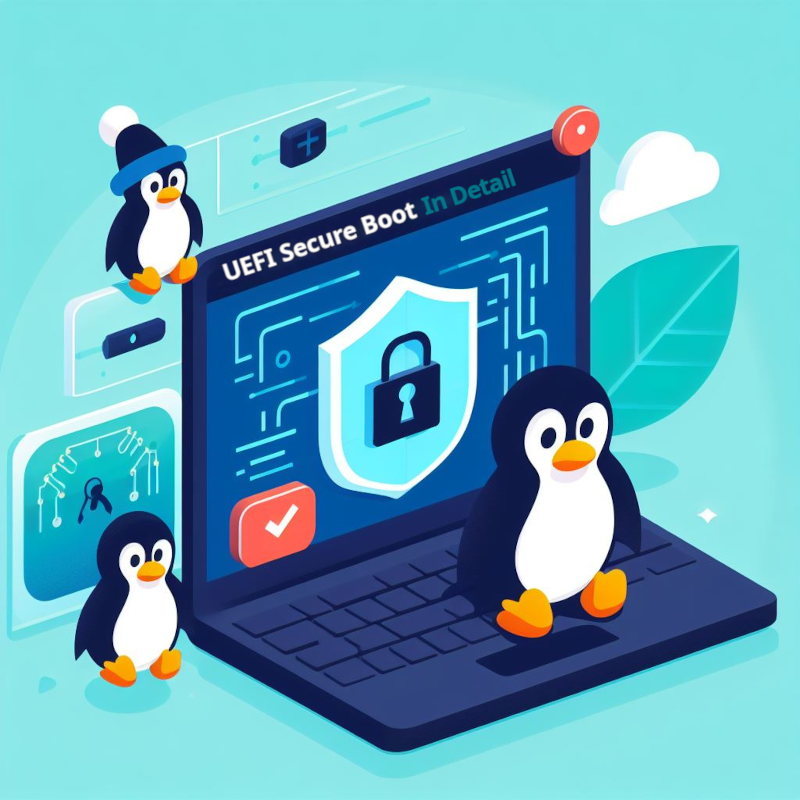

Obsidian is really good. Very feature-rich and customizable.
I personally prefer Joplin for a couple of reasons. It’s fully open source and while it has less features and customizability, I also feel it keeps out of my way more to allow me to focus purely on taking notes and not messing around with other features. Obsidian encourages me to play with its extra features more, which for my case usually just reduces the productivity of my note-taking.
Probably just a me-thing. I tend to gravitate to more straightforward and minimalist solutions generally.






Fully agree. I started using OnlyOffice about 6 months ago but wouldn’t go back to LibreOffice at this point. I feel the interface is way more intuitive and helps with productivity.
I’m a fan of the LibreOffice project too, but they need to invest some time in improving the interface. The Word 97 look isn’t cutting it for me anymore and even with “ribbon mode” enabled it’s vastly inferior to OnlyOffice’s UI.